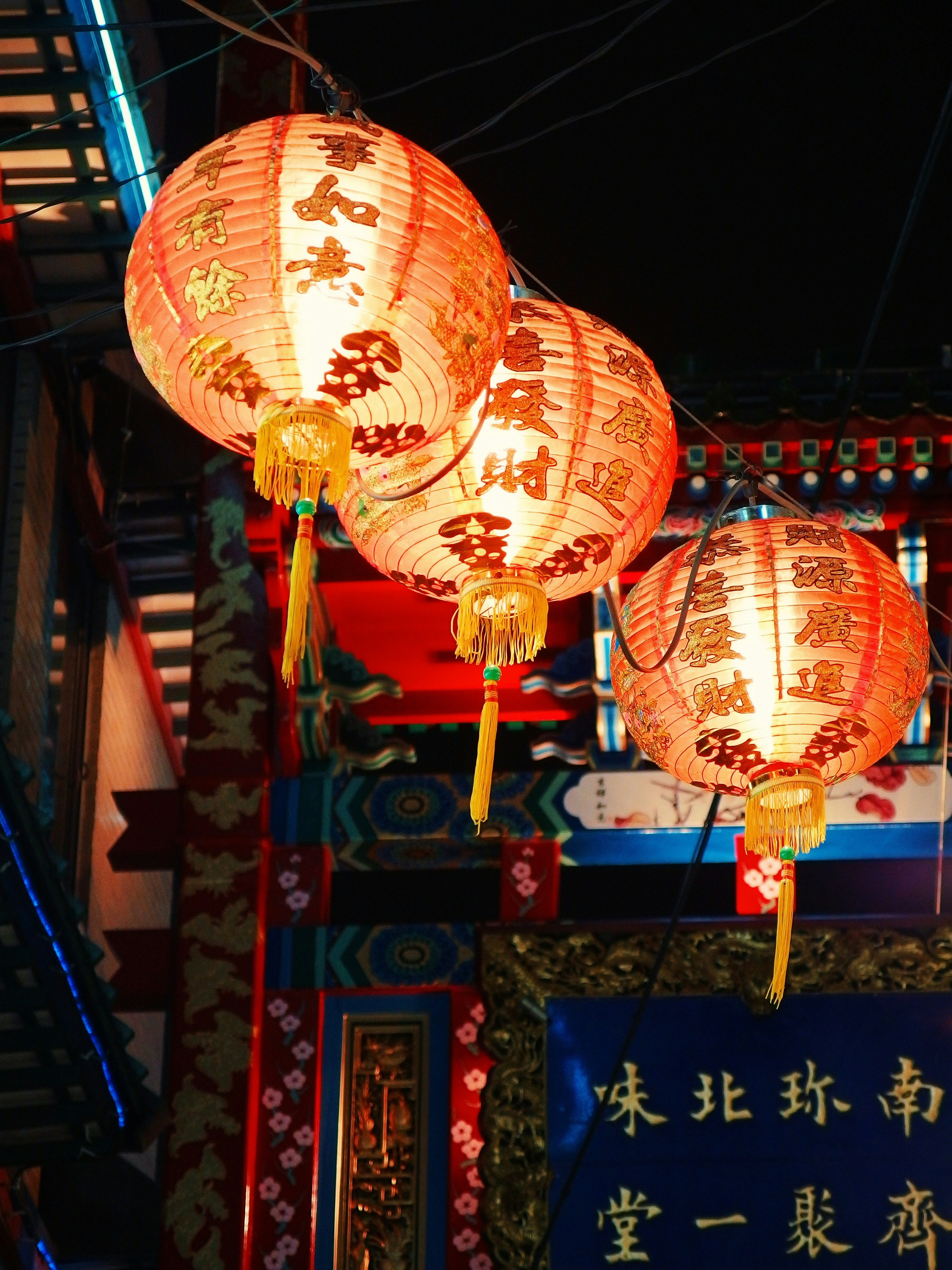Bridging Cultures: How ADA Integrates Traditional Asian Practices with Modern Postpartum Care
Mar 15, 2024

In the postpartum care landscape, few organizations have successfully merged the rich, time-honored traditions of Asian cultures with the rigor of modern, evidence-based practices. The Asian Doula Alliance (ADA) is at the forefront of this integration, providing a holistic approach to postpartum care that honors cultural heritage while embracing contemporary scientific knowledge. This fusion is not only revolutionary but also essential for the well-being of mothers and infants in today’s multicultural world.
The Importance of Tradition: Preserving Cultural Heritage
For centuries, Asian cultures have practiced a range of postpartum care traditions, most notably the confinement period known as "zuo-yue-zi" (坐月子). This practice, rooted in the belief that the first month after childbirth is crucial for a mother's recovery, emphasizes rest, nutrition, and specific rituals to restore health and balance. From specially prepared meals rich in nutrients to herbal baths and strict rest protocols, these traditions have been passed down through generations, reflecting deep cultural values and understanding of postpartum needs.
These practices are more than just customs; they are a vital part of the cultural identity and provide comfort and familiarity to new mothers during a transformative period in their lives. However, as valuable as these traditions are, they sometimes conflict with modern medical advice and scientific understanding of postpartum care.
The Role of Modern Science: Embracing Evidence-Based Care
In contrast to traditional practices, modern postpartum care is grounded in scientific research and evidence-based guidelines. Organizations like the American Academy of Pediatrics (AAP) provide recommendations that prioritize the safety and health of both mother and baby, such as safe sleep practices, breastfeeding support, and evidence-based nutritional advice. These guidelines are critical for preventing complications and ensuring the long-term well-being of new mothers and their infants.
However, many traditional practices, while culturally significant, can sometimes contradict these modern recommendations. For example, some traditional beliefs may advocate for sunbathing newborns, which is not recommended by the AAP due to the risks of UV exposure. This is where the need for a balanced approach becomes evident.
ADA’s Approach: A Harmonious Blend of Tradition and Science
The Asian Doula Alliance recognizes the value of both traditional practices and modern science. Our approach is to integrate these two worlds, creating a postpartum care model that is both culturally sensitive and scientifically sound. This integration is not about choosing one over the other but about finding harmony between the two, ensuring that mothers receive the best of both worlds.
Training and Certification:
ADA’s training programs are designed to equip doulas with a deep understanding of traditional Asian postpartum practices, while also providing comprehensive education in modern, evidence-based care. Our doulas are trained to respect and uphold cultural practices that are safe and beneficial, while also guiding families towards practices that are aligned with current medical recommendations.Cultural Sensitivity:
One of ADA’s core missions is to preserve the cultural heritage of Asian postpartum practices. We believe that these traditions provide comfort, emotional support, and a sense of continuity for new mothers. By educating doulas in both cultural and scientific approaches, we ensure that our care is respectful and attuned to the needs of each family.Scientific Rigor:
While we honor traditional practices, ADA is committed to the highest standards of safety and care. Our doulas are trained to recognize when certain traditions may conflict with modern medical advice and to offer alternatives that are both culturally appropriate and medically sound. This ensures that mothers and babies receive care that is not only comforting but also safe and effective.Ongoing Education:
The field of postpartum care is constantly evolving, with new research and guidelines emerging regularly. ADA is dedicated to continuous education, ensuring that our doulas stay updated on the latest developments in both traditional and modern care. This commitment to lifelong learning allows us to maintain the highest standards of care for the families we serve.
Case Studies: Success Stories from ADA-Trained Doulas
One of the many success stories from our ADA-trained doulas involves a family who was deeply rooted in traditional practices but was also concerned about following modern health guidelines. The doula, trained by ADA, skillfully integrated the family’s cultural traditions with evidence-based practices. She prepared traditional meals for the mother, which were rich in nutrients and aligned with modern dietary recommendations. She also respected the family’s desire for herbal baths while ensuring that the ingredients were safe and approved by the mother’s healthcare provider.
Another doula helped a family navigate the practice of sunbathing their newborn. While respecting the family’s belief in the tradition, she provided education on the risks of UV exposure and introduced alternative methods, such as vitamin D supplementation, that offered the same benefits without the risks.
The Future of Postpartum Care: A New Standard
As the world becomes more interconnected, the blending of cultural traditions with modern practices will become increasingly important in healthcare. The Asian Doula Alliance is proud to be a pioneer in this effort, setting a new standard for postpartum care that is both culturally informed and scientifically rigorous.
By bridging the gap between tradition and science, ADA is not only enhancing the quality of care for Asian families but also paving the way for a more inclusive and holistic approach to postpartum care worldwide. Our vision is a future where every mother, regardless of her cultural background, receives the compassionate, comprehensive care she deserves.
Through our efforts, we are not just reshaping the postpartum care industry; we are building a legacy that honors the past while embracing the future, ensuring that every family can experience a safe, healthy, and culturally rich postpartum journey.